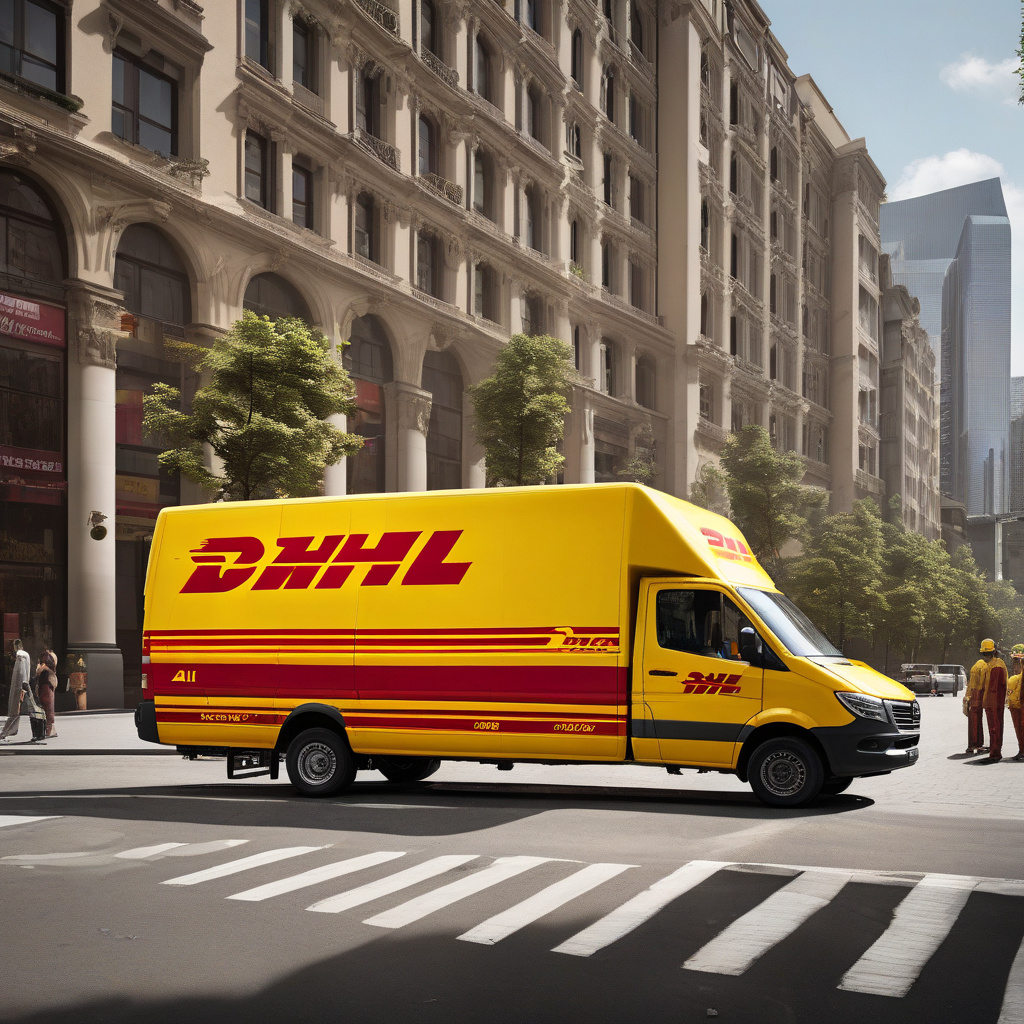DHL: AI, Social Media, and Delivery Demands Redefine Ecommerce
Artificial intelligence (AI), social media, and logistics have become pivotal players in the ever-evolving realm of e-commerce. In the recent ECommerce Trends Report 2025 by DHL eCommerce, a global logistics giant, insights gleaned from a survey of 24,000 consumers across 24 markets have highlighted four significant shifts that are reshaping the landscape of online shopping.
One of the primary trends identified in the report is the surging consumer appetite for AI-powered retail experiences. From personalized product recommendations to chatbots offering real-time assistance, AI is revolutionizing how customers interact with online stores. By leveraging AI technologies, e-commerce businesses can deliver tailor-made shopping experiences, enhance customer engagement, and drive sales.
In addition to AI, social media has emerged as a potent force driving e-commerce growth. Platforms like Instagram, Facebook, and TikTok have transformed into virtual marketplaces, allowing brands to directly connect with consumers, showcase products, and even facilitate seamless transactions. The power of social media influencers in shaping consumer behavior and purchase decisions cannot be overstated, making a strong social media presence a non-negotiable for e-commerce success.
Moreover, the report underscores the critical role of logistics and delivery in meeting the escalating demands of online shoppers. With same-day delivery, contactless options, and sustainable shipping practices gaining traction, e-commerce businesses are under increasing pressure to optimize their supply chain and fulfillment operations. Efficient and reliable delivery services are no longer a mere perk but a prerequisite for customer satisfaction and loyalty.
Furthermore, sustainability has emerged as a key concern for modern consumers, influencing their purchasing decisions. E-commerce companies are responding by adopting eco-friendly packaging, reducing carbon emissions, and prioritizing ethical sourcing practices. By aligning with consumer values and demonstrating environmental responsibility, businesses can not only attract more customers but also contribute to a greener future.
As the e-commerce landscape continues to evolve rapidly, businesses must stay abreast of these trends and adapt their strategies accordingly. Embracing AI technologies, leveraging social media platforms, optimizing logistics processes, and championing sustainability are no longer optional but imperative for success in the competitive e-commerce space.
In conclusion, the convergence of AI, social media, and delivery demands is reshaping the e-commerce ecosystem, presenting both challenges and opportunities for businesses. By embracing these changes and proactively responding to evolving consumer preferences, e-commerce companies can thrive in the digital marketplace of the future.
#DHL #Ecommerce #AI #SocialMedia #Logistics
